Faculty

Miguel Vilar, PhD
Dr. Miguel Vilar is an Assistant Professor of Anthropology at the University of Maryland. He is a molecular anthropologist, science writer, and a genomics specialist. His research focuses on analyzing parts of the genome to better understand island settlement patterns, to reconstruct human interactions and migration, and assess the impact of colonial history on human diversity. He works in Micronesia, Melanesia, Central and South America, and the Caribbean. He also researches the genetics of domestic animals and the cultural and biological implications of animal domestication on human evolution, population history, and migration. Vilar is also a published writer in genetics and anthropology and a consultant for National Geographic Society and GenebyGene.
Graduate Students
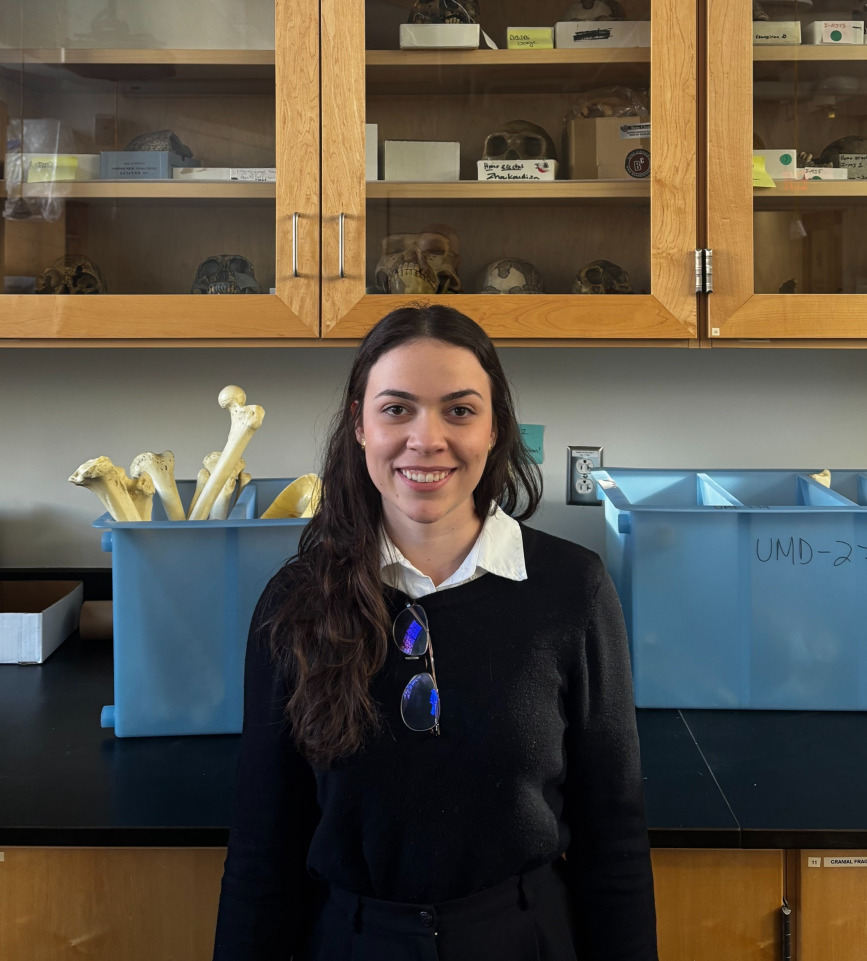
Fernanda Breckenfeld Ferrarini, current
Fernanda is a PhD student interested in population genetics, co-evolution, infectious disease and ancient DNA. She holds a BSc. in Biotechnology (PUCPR, Brazil) and currently has two different projects. For her Master's, she is investigating inheritance patterns of malaria resistance gene variants in The Bahamas population. Her PhD research involves ancient DNA analysis from Icelandic zooarchaeological remains to better understand population dynamics and evolution and the relationship between humans and domesticated animals in the sub-Arctic region.
Curriculum Vitae:
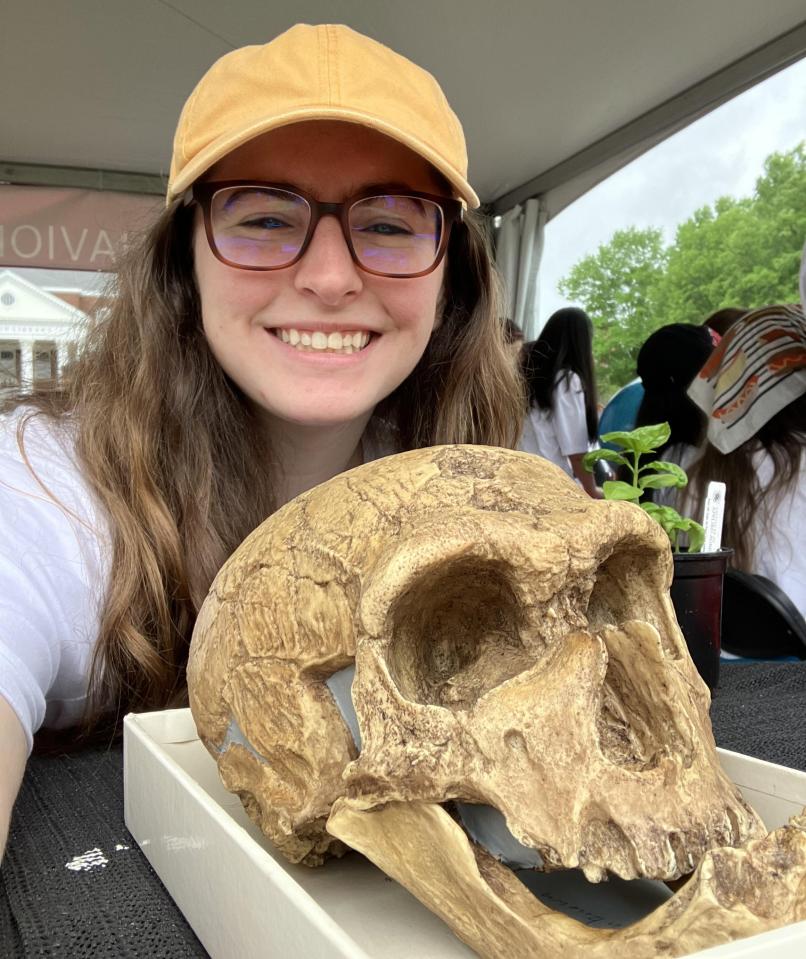
Nicole Fisher, current
Nicole graduated from the Indiana University of Pennsylvania with a B.A. in Applied Anthropology. She is currently working on her Master's in Molecular Anthropology under Dr. Miguel Vilar. Her research is centerd around human population genetics of High-Altitude adaptations in the Peruvian Andes.
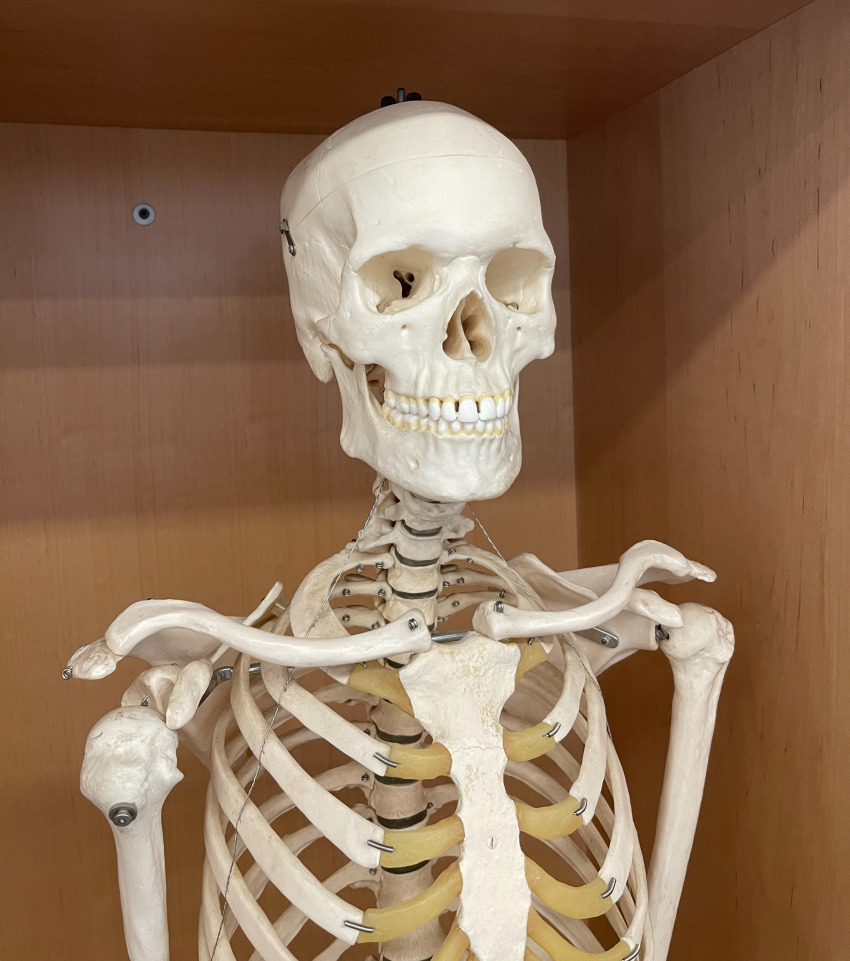
Benjamin Wolinsky, current
Need to get a description from Ben
Undergraduate Students
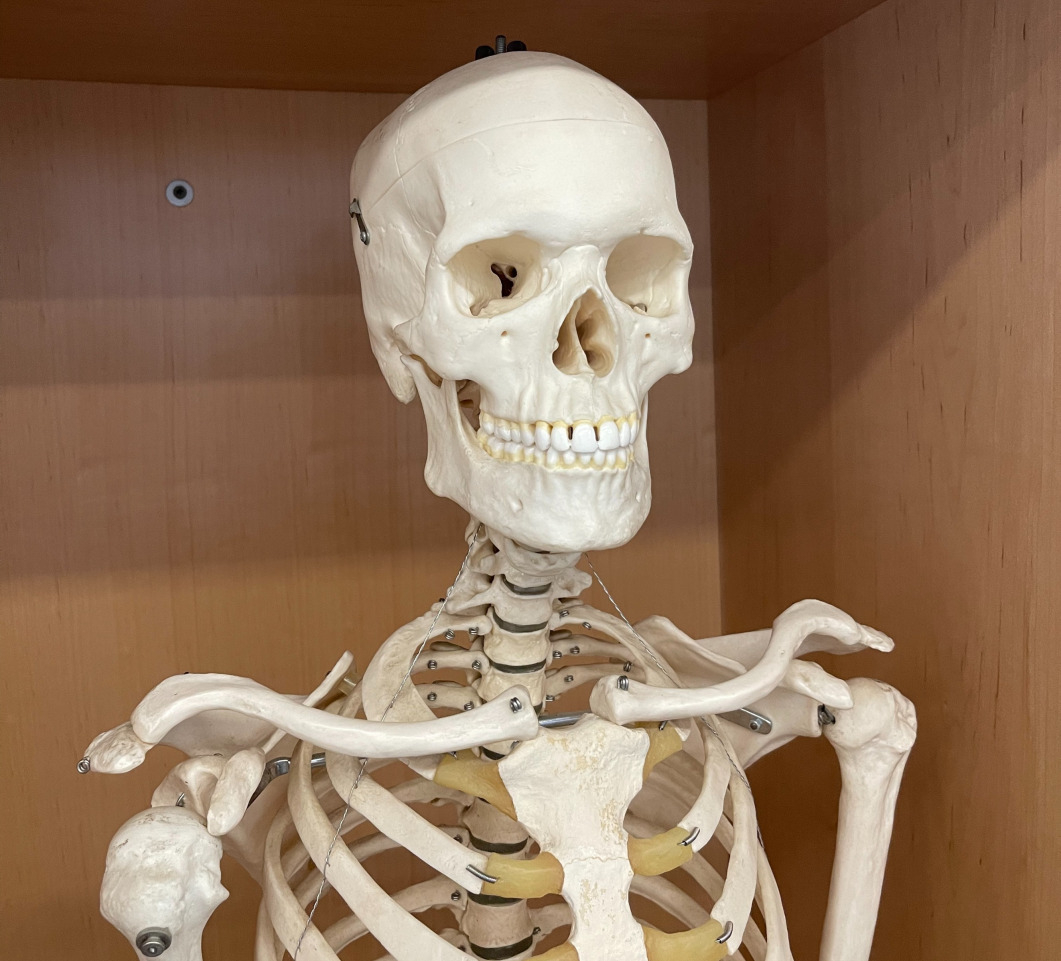
Mateo Rojas, former
pending
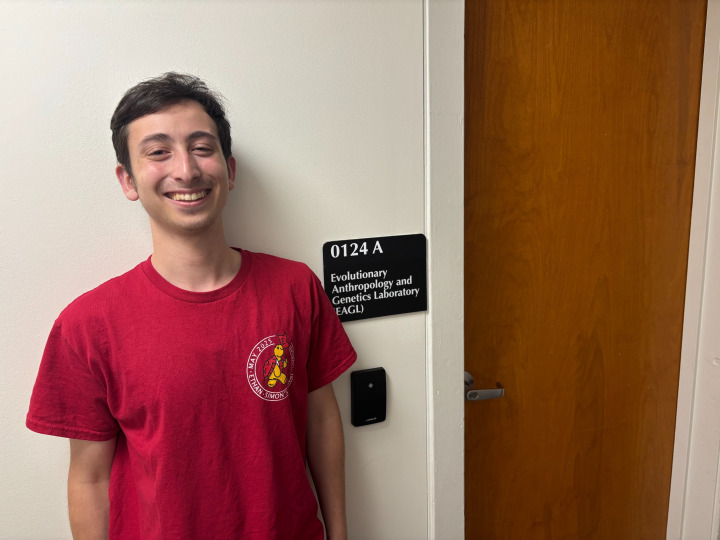
Adam Speiser, former
Adam combined his coding and data analysis skills with his new-found appreciation for anthropology in the EAGLab, where he wrote a Python script to automatically plot hundreds of DNA samples into phylogenetic networks. He now holds a B.S. in computer science.
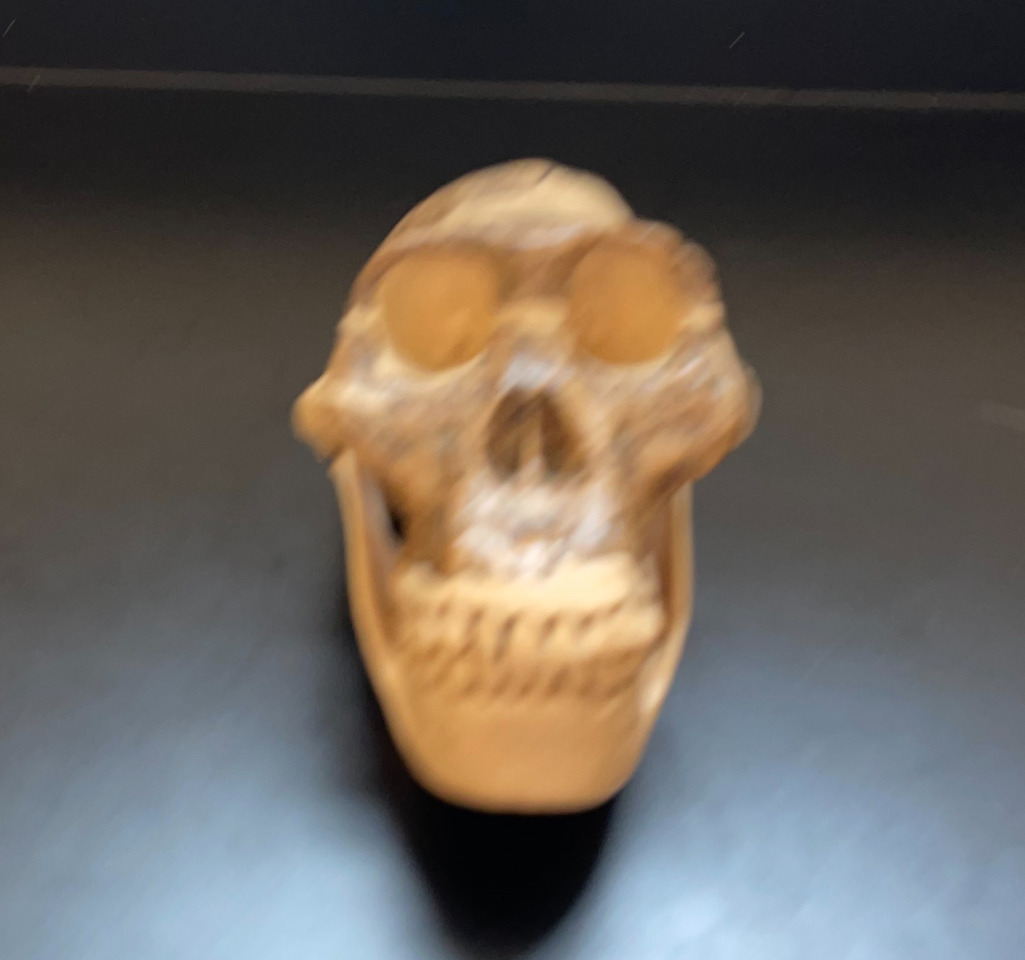
Jordan Lieb, current
Jordan is an undergraduate anthropology major pursuing anthropological genetics. She began her time in the EAGLab with data analysis of mitochondrial DNA in the Korean population, and is currently transitioning into studying the migration patterns of human symbionts. Her academic interests lie broadly in the genetic impacts of colonialism as well as ethics in the biological sciences.
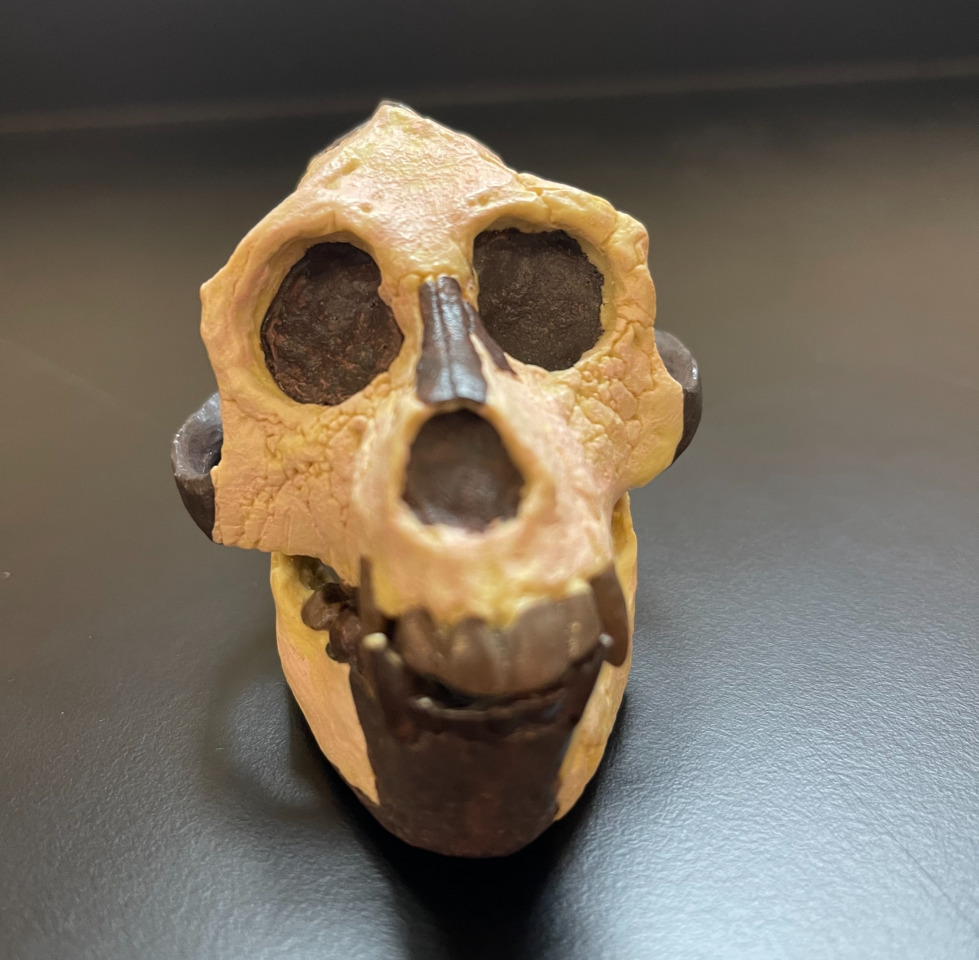
Sarozini Shrestha, current
Sarozini is an undergraduate anthropology major and the lab assistant for the EAGLab. Currently, she helps organize lab materials and draft general protocols as she learns more about anthropological genetics lab work. She is interested in understanding the genetic diversity of indigenous populations in Kathmandu, Nepal, as well as analyzing Newar mitochondrial DNA to flesh out Kathmandu's migrational history.
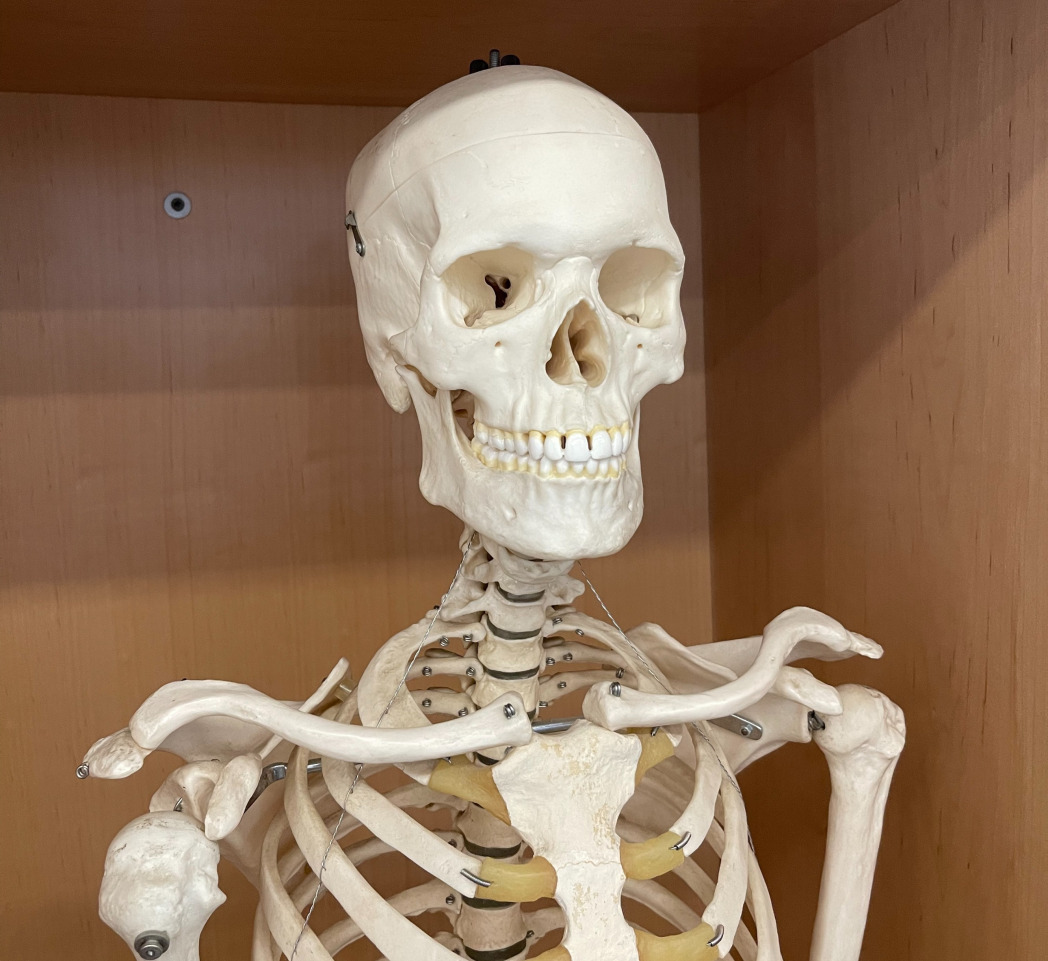
Isabella Bristol, former
pending

Phuong Nguyen, former
Phuong's research examined the genetic and phenotypical differences between populations in northern and southern Vietnam. By analyzing both modern and ancestral mitochondrial DNA (mtDNA) datasets, she explored how historical migration routes, environmental variation, and regional adaptation have shaped present-day genetic diversity. She was particularly interested in how factors such as geography, ancient travel patterns, language, diet, and colonization have influenced population structure over time.

Mia Tomeo, former
Mia was part of the Individual Studies Program, where she developed and proposed an Interdisciplinary Major under the mentorship of Dr. Miguel Vilar, and received her B.S. in Evolutionary Biology and Human Behavior in 2024. She worked on a project analyzing mtDNA from humans and linking mutations to specific dates to visualize the emergence of haplogroups in Anatolia and the Mediterranean region. This project aimed to investigate human migration patterns during the Neolithic era, linking haplogroup data to the emergence of wheat domestication, as agriculture provided insights into human movement. She incorporated existing research on wheat cultivation across various regions and proposed migration routes during this period to supplement mtDNA findings. This poster was presented at the 2023 AABA meetings.
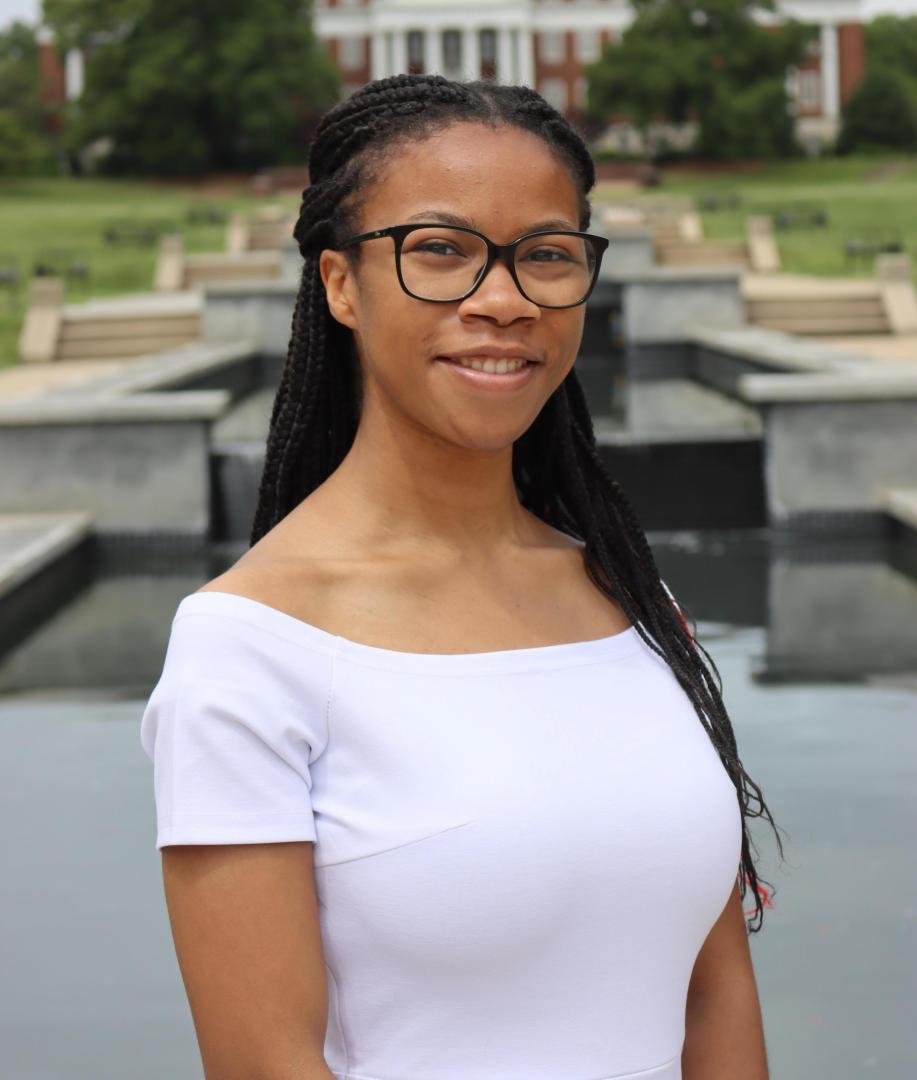
Nina St Hillaire, former
Nina St. Hillaire earned a double degree in Anthropology and Cellular Biology/Molecular Genetics from UMD in 2023. As an undergraduate student in the Vilar lab, she investigated early American migratory routes through network analyses of mitochondrial DNA data. Nina then pursued her PhD in Human Evolutionary Biology at Harvard University with a focus on developmental genetics and skeletal morphology.
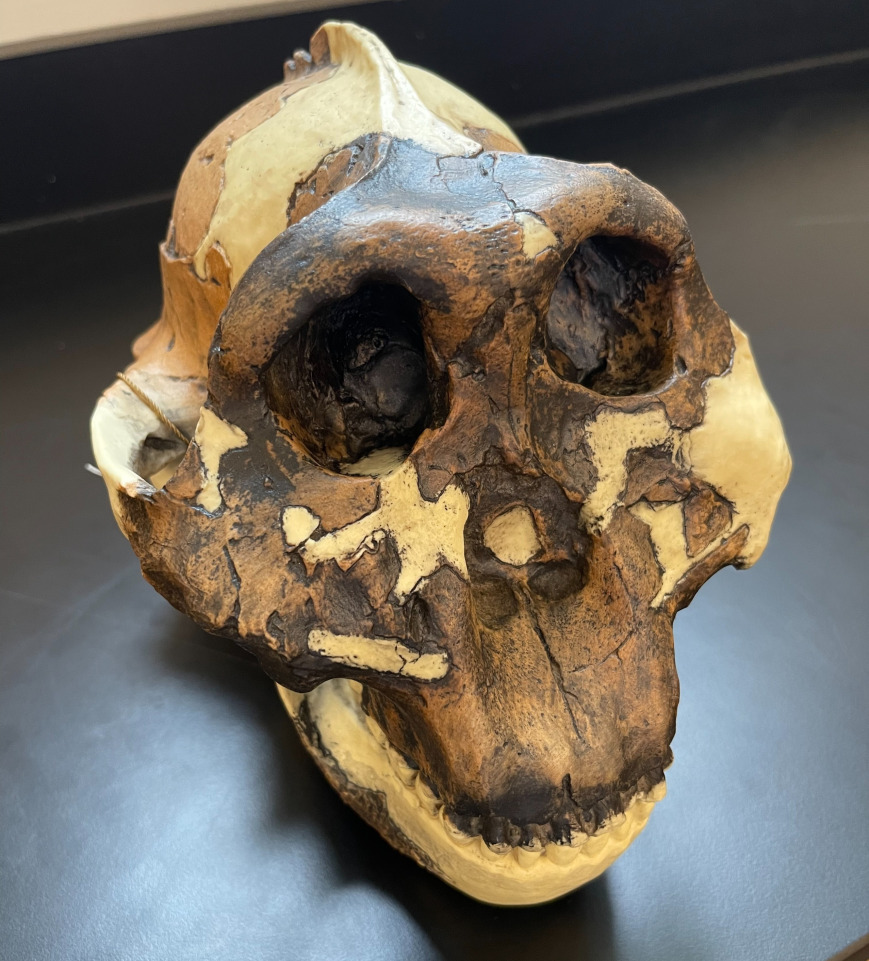
Nick Costello, current
Nick is an undergraduate student in the math department. He helps around the lab with python scripting to automate many data processes, and built this website. He's interested in the ancient migration of the B2 and B4 mitochondrial haplogroups. Currently, he's working on a research project to better understand the mutation rate of mitochondrial DNA as part of a large network visualization project.
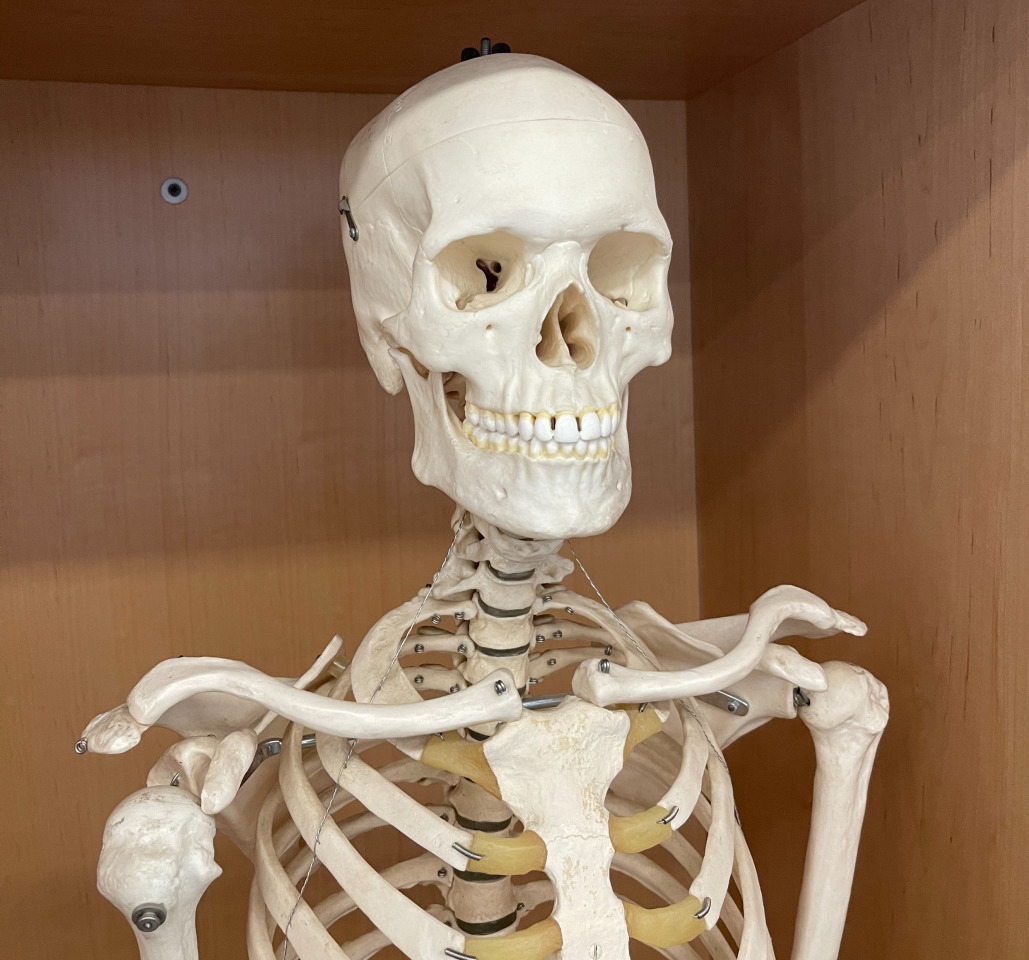
Sol Lee, former
pending
